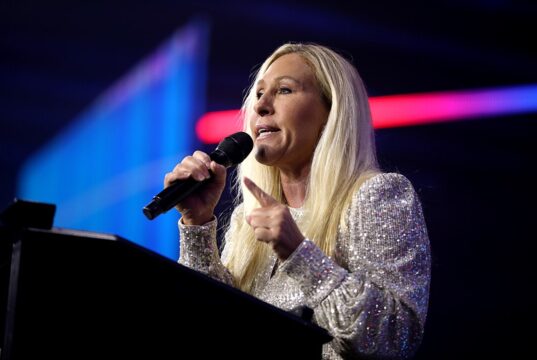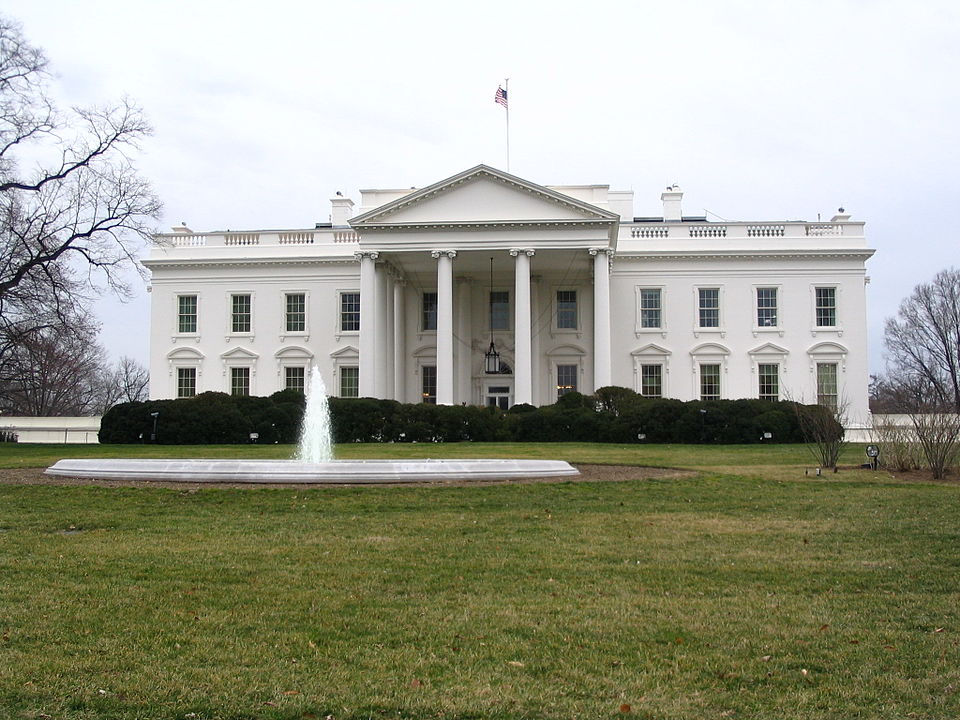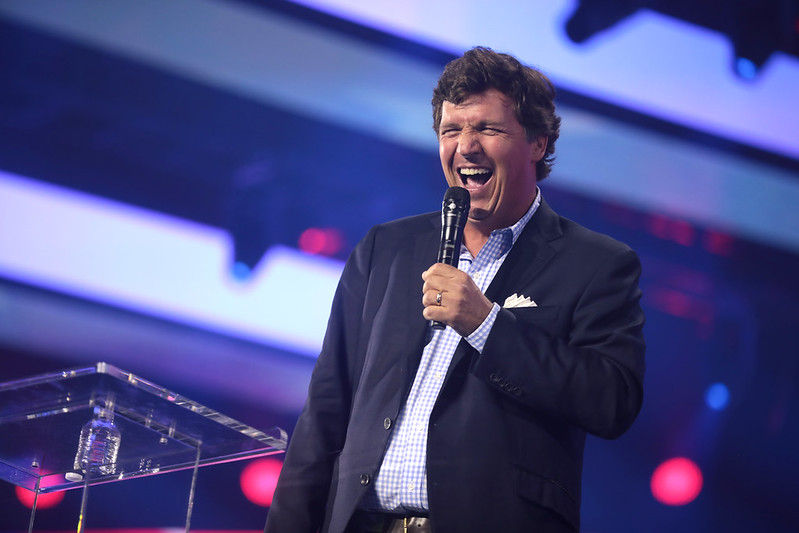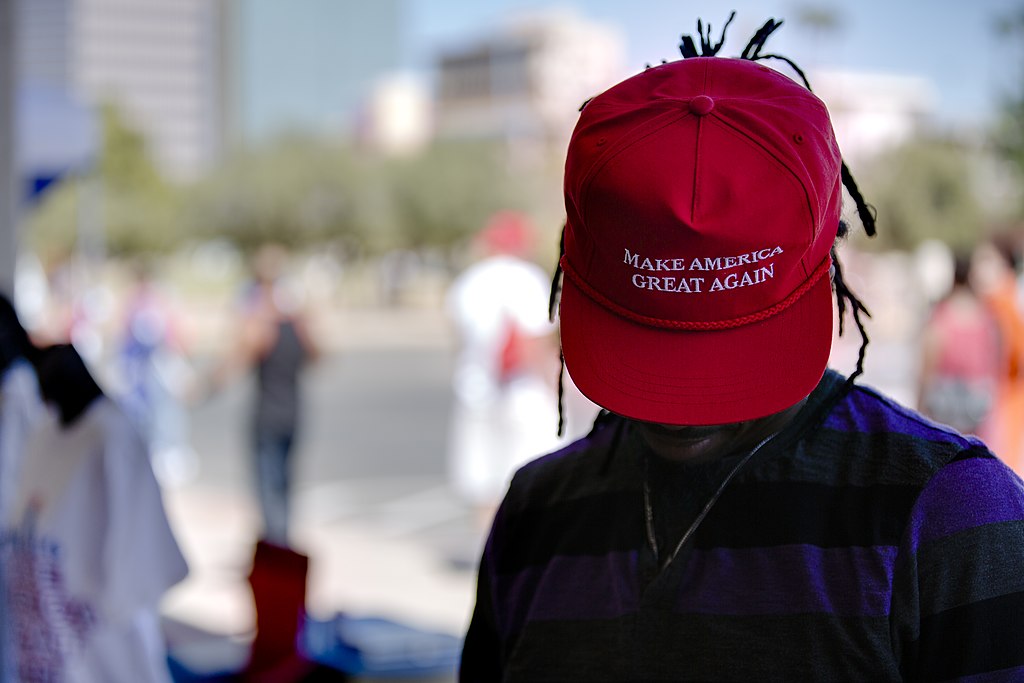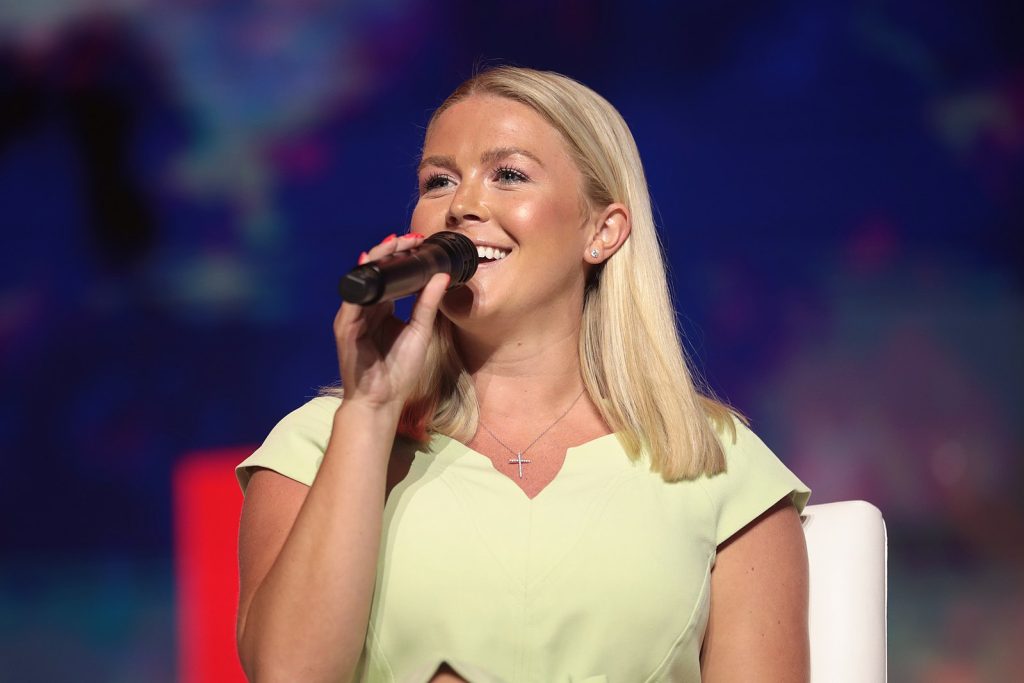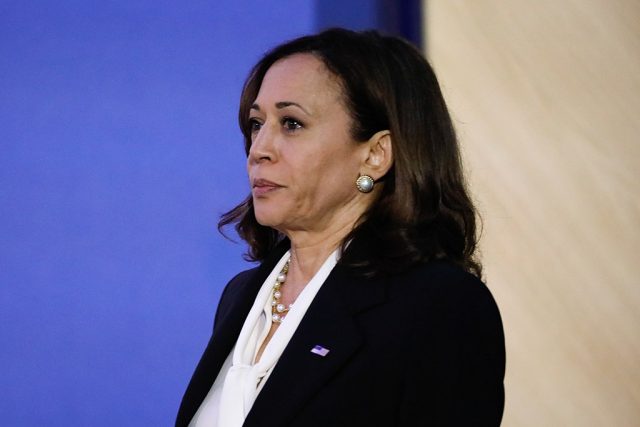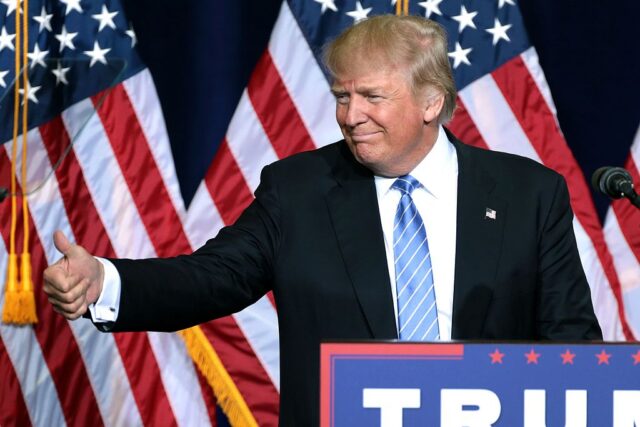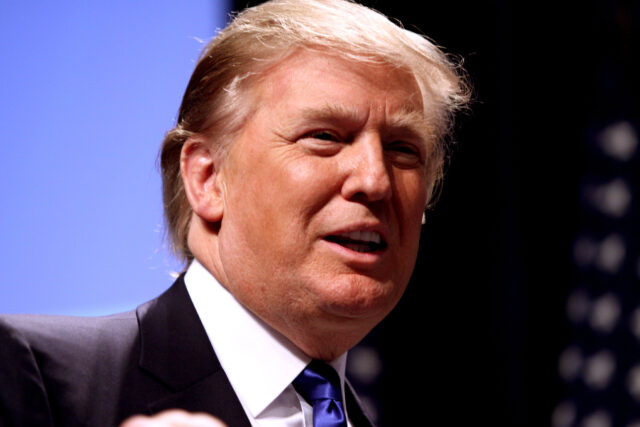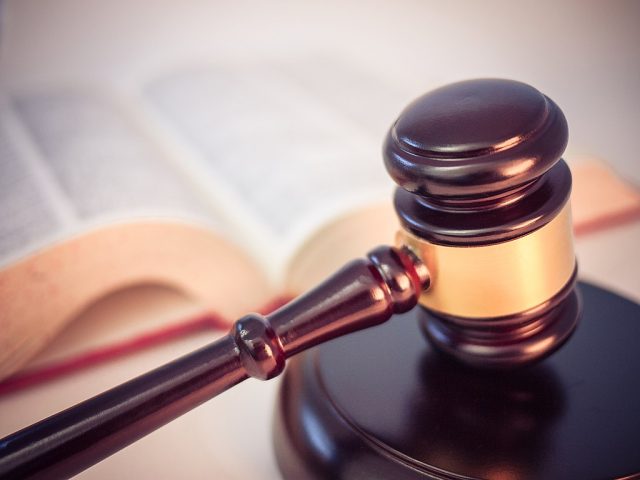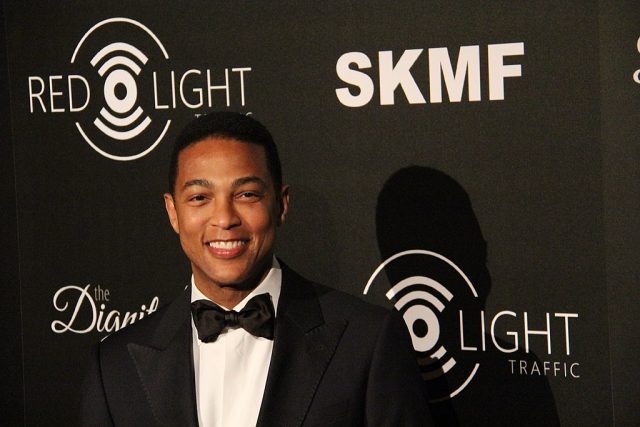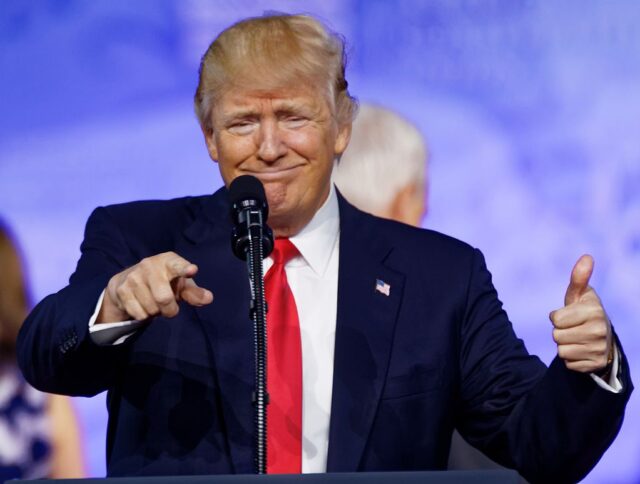Focus Group Of Black Undecided Voters In Georgia Signals Trouble For Harris
A focus group of Black undecided voters in Georgia has raised concerns for Democratic presidential nominee Kamala Harris, revealing dissatisfaction with her leadership and the current state of the economy. According to feedback from the group, many believe the economy performed better under former President Donald Trump.
The focus group, conducted by James Johnson of J.L. Partners for The Daily Mail, highlighted skepticism about Harris’ leadership abilities, with voters labeling her as “weak” and inconsistent. Some notable comments from participants include:
- “If you look at the statistics now, we’re far worse than we were before. Everything is worse now with Biden and Harris.”
- “Even though Trump didn’t make all the right choices, the economy just worked better under him. I think it was the overall business mindset that helped.”
- “She kept saying that she’s a warrior, but I don’t think she is.”
- “If you put her next to Michelle Obama or Hillary Clinton, it’s like there’s no comparison. They would eat her up.”
The Daily Mail further reports:
A new shock poll conducted by the NAACP last week showed that one in four black men under 50 say they’re going to back President Donald Trump.
Numbers like that should terrify Vice President Kamala Harris‘ campaign – especially as they eye black communities across the county that are critical to winning in 2024.
Cobb County, Georgia is one of those places.
President Joe Biden carried Cobb in 2020 by almost ten percentage points.
These sentiments by the group reflect a potential challenge for Harris, particularly in Georgia, where the latest RealClearPolitics polling average shows Trump leading by 1.7 points.
READ NEXT: Explosive Allegations Against Walz: Is The Media Ignoring A Major Scandal?


